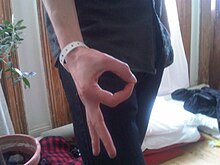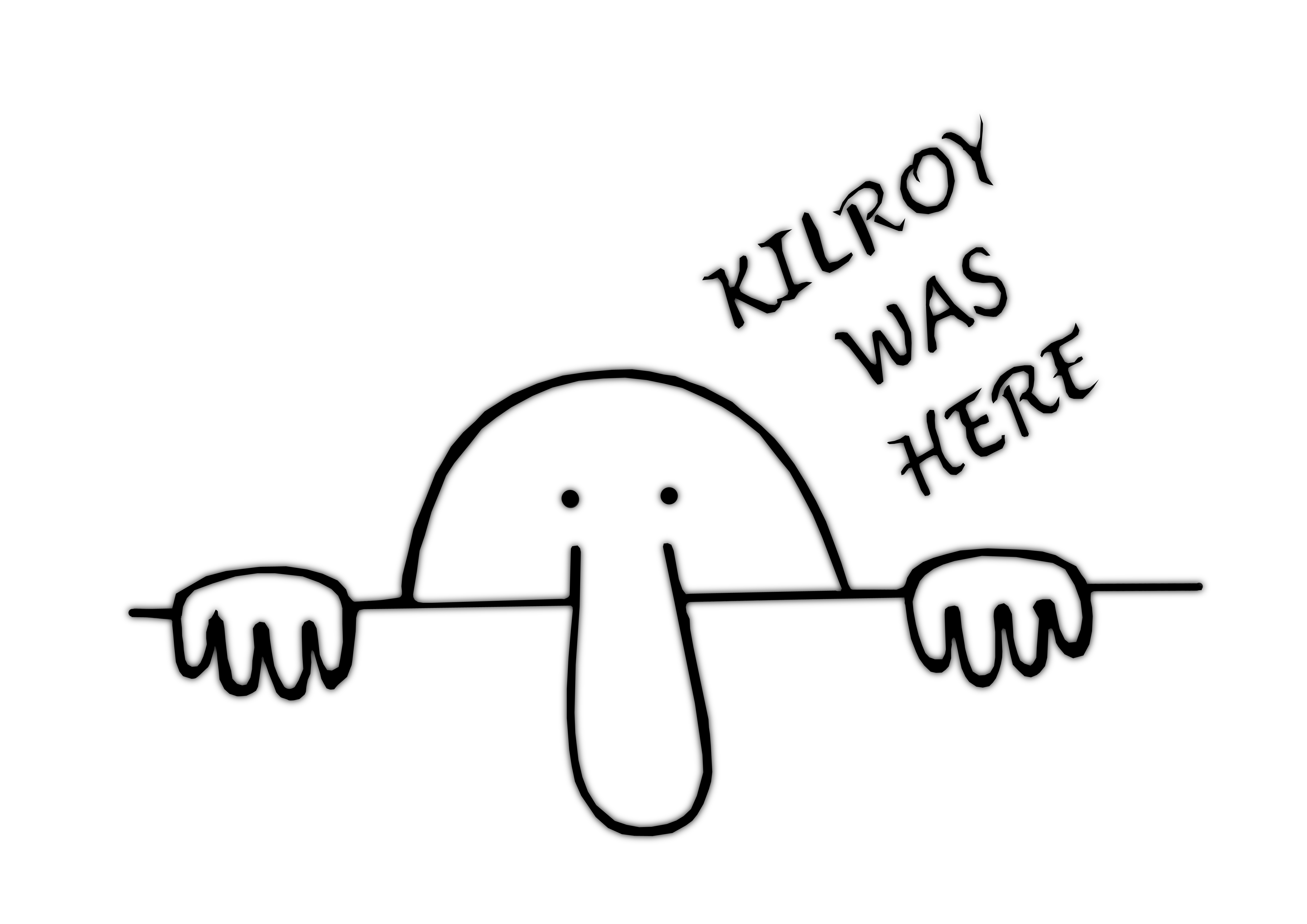Wow, that sounds freakin' awesome. Thanks for starting this thread. I still need to finish Gravity's Rainbow. To be honest, I don't think I was paying careful enough attention last time. When the seances started, I kind of lost my way.
Anyway, if we're allowed to use this thread to discuss not just Pynchon, but also the Pynchonesque, I've just bought this novel that's the latest Pynchonian* novel to come out -- there haven't been many since David Foster Wallace, have there? Anyway, it's called A Naked Singularity, by Sergio De La Pava, and is like a perfect cross between Tom P and Dostoevsky. It's a sprawling, verbose thriller about the US justice system. De La Pava is a New York lawyer and self-published it to begin with, but it got a proper release a year or so ago, after his wife emailed everyone on the Internet who'd written about Infinite Jest and suggested they read her husband's work. Eventually, someone did, and it's become kind of a sleeper hit since then. I've only just started it, and from what I've read, yeah, I can see it working, even if the style seems a little forced.
*What's the correct adjective to describe something similar to or inspired by Thomas Pynchon -- Pynchonesque or Pynchonian? Either could work. I've heard Pynchonesque used more, but I'll usually go to great lengths to avoid using '-esque' as a suffix just because it sounds so wanky and pretentious, like somebody hearing Woody Allen describing sex as Kafkaesque, and then describing things as Kafkaesque, even though they've never read Kafka. '-Esque', for me, will always be associated with those people. So the answer I'm looking for, I guess, is that we're going to stick to calling things Pynchonian after this impassioned plea.



